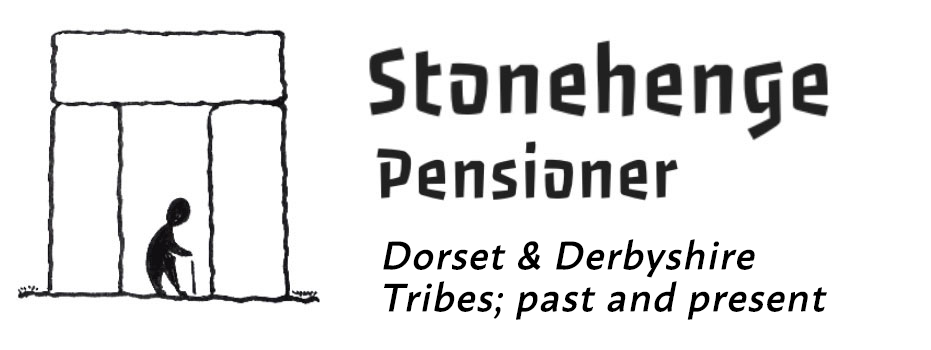Why Would You Choose Direct Cremation?
There has been a steady growth in Direct Cremation these past few years. In case you don’t know, this process reverses the traditional cremation funeral. This usually involves placing the coffin in a hearse, with the family following in limo’s to the crematorium. The service is then held in the chapel and the actual cremation then follows. In contrast, with the Direct Cremation, the body is collected and taken direct to the crematorium. It is cremated without a service, which removes the use of hearse, limo’s and a funeral director. This reduces costs and answers the question, why would you choose direct cremation? I introduced a similar direct cremation as well as a reusable coffin in the 1990’s. How this came about is part of the narrative in my book called R.I.P. Off! or the British Way of Death.
The Funeral Service
Contrary to what people often think, a funeral service can still take place after the Direct Cremation. You can have the ashes returned and hold a service over them. This could be at home, in the village hall, the local pub or even back at the crematorium (for a fee). With either arrangement, you can still return the cremated remains to the crematorium to be placed in the Garden of Remembrance. There is nothing cheapskate about this. The upper classes have often arranged family only funeral services and subsequently invited mourners to a memorial service. In such cases, the memorial service is often held over the cremated remains. If the ashes have already been placed then a photograph or media presentation will give the service its focus.
Back to Prehistory
Funeral directors are a recent novelty, being invented in Victorian times. People were much more hands on before that. Zuri, in 2200 BC, knows that each tribe handles its own dead. There are no professionals, as it were. The shaman performs the ceremony but the family sort everything out themselves. Modern funerals, because of the internet, are returning to the way our forebears handled death. The more so because we can manage without a Neolithic shaman. Any member of the family or appointed person can compose and deliver the service. Otherwise, you can engage a celebrant to take the service. If you need help and information, go to the Natural Death Centre or put any questions on this blog.
The Cost
A Direct Cremation will cost between £1000 – £1500. Typical funerals are averaging £3500 and £5000 would not be unusual for burial. Of this sum, up to £1000 will be paid to the crematorium and perhaps £2000 to a cemetery. The funeral directors usually pay these fees (they call them disbursements) and demand at least that amount up front. As these figures show, most of the money goes to the funeral director and this is where savings can be made. Unfortunately, many people now go into serious debt, something we now refer to as funeral poverty. The best way to avoid this is to research the subject. If you prefer the Direct Cremation, tell people. Then, when you die they will be following your wishes; that, I can assure you, is the best advice anyone can be given. Why would you choose Direct Cremation? Because the deceased asked me too.





Well said! In fact, direct cremation is a valid option and is especially desirable if you are looking to avoid extra cremation or funeral costs like preparing the body, casket, extensive transportation, or funeral services.
Well done Kuge, your operation looks exemplary. Good to see that I am picked up in the US. You are probably aware that there is a big upsurge in Direct Cremations over here. Nobody has researched why and it is assumed to be due to ‘funeral poverty’. That is an inability to pay funeral costs, now averaging about £4,000 for cremation. We still tend to be much less expensive than the US or Australia in general.
Direct cremation can give the family more options. Instead of attending a crematorium chapel for the service and being restricted by time, date and availability, the family can host a memorial service in a more relaxed and relevant setting.